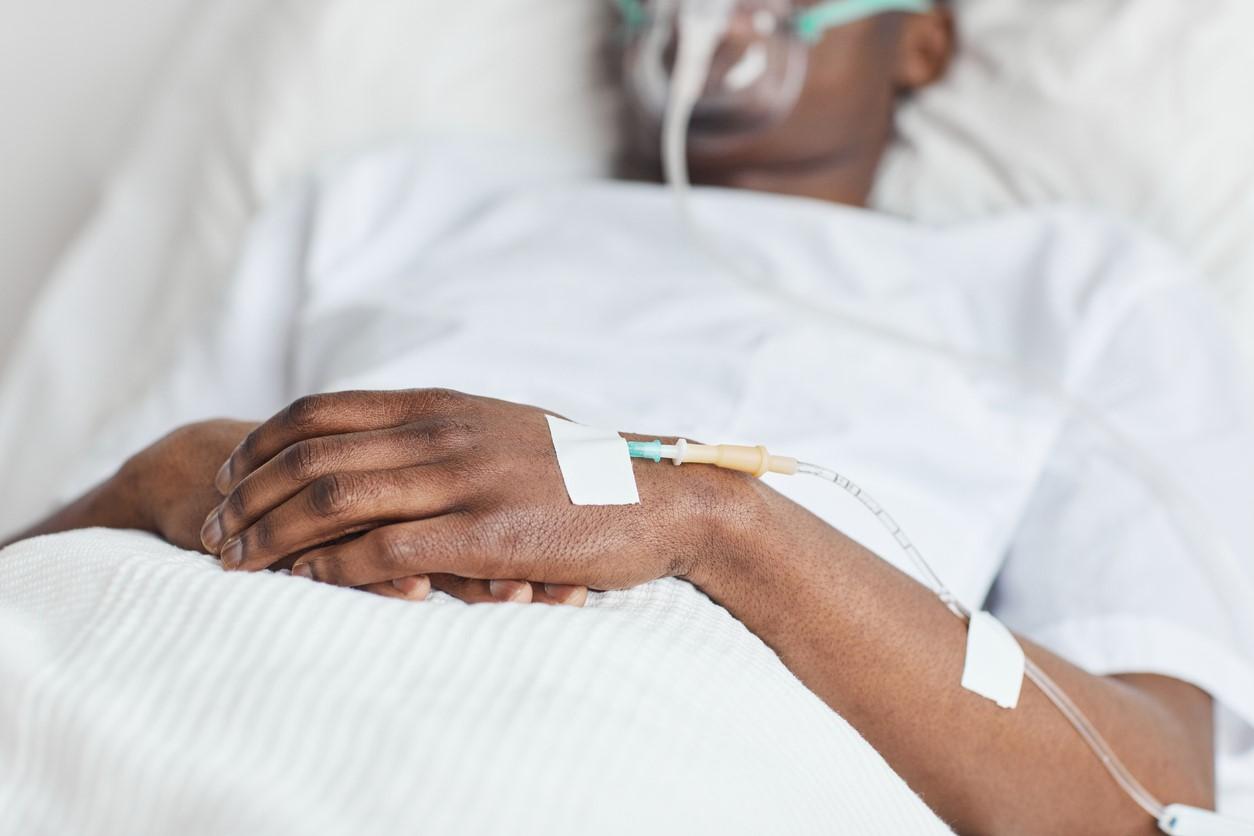To die is man’s ultimate destiny, still the death of loved ones is a very sentimental and grieving experience for everyone. Given the fact everyone wants their loved ones to be safe and alive, people choose the option of ventilator though they may think that patients on ventilator do not survive. It is a very common misconception that a person on ventilator may die sooner or later. Research shows that the ventilator has been proving to be a life-saving machine for the majority of patients since dawn of its use. Also, ventilators, like any other medical procedure are helpful in treating critically ill patients but it is not always right option for a person at death bed.
Signs of Death of Ventilated Patients
It is not easy to determine how long a patient will survive on the ventilator. It always depends on the severity of the illness and the immunity of the patient to fight the disease. In normal circumstances, the human body functions in a preset order where the heart and lungs work together on the call of brain to supply oxygen to different parts of body. If this oxygen supply is interrupted in any way, this can result in malfunction of organs or even death.
Ventilators serve the same function in carrying this oxygen to the organs and cells of the body, in case of some health condition. Ventilators cannot guarantee life of patients but can provide artificial breathing support to the patient. But the consumption of this provided oxygen depends on the brain and heart function of the body. So, if the heart or brain is not working, this provided air is of no use. As these ventilators are providing the oxygen continuously, the chest of the patient will move up and down, but it does not mean that the patient is alive.
Monitoring Attached Machines To Check Life of Ventilated Patient
There are so many ways to determine whether the patient on the ventilator is alive or dead. One easy way is to monitor the machines connected to the body of the patient to measure his heartbeat, blood pressure, brain signals etc. These machines monitor and record the normal functions of the body as well as changes occurred in a specified time period. The machines indicate clearly if the brain or the heart of the patient stops responding or we can say in easy words when the patient is dead. Another way is to check the blood pressure of the patient. Blood pressure machines also show no pressure if the heart stops pumping blood into the body.
Physical Examination of the Ventilated Patient To Determine Signs of Death
In addition to these machines, there are so many ways by which the nurses and doctors can determine the death of the patient. Another way to detect death is to physically examine the patient like movement of pupils of his eyes against any stimulus, pulse and air movement in nasal cavity. Patients are also tested by oculocephalic reflex, movement of eyes associated with head movement, and caloric reflex which shows eye movement when cold water is poured inside ear.
When all aforesaid tests fail, it became clear to the doctors that there is no respiratory movements. That is the time when a person is declared brain dead by the certified practitioner. If a person is brain dead, there is no use of keeping him on the ventilators.
Do You Need Your Patients To Be On A Ventilator For An Extended Period Of Time?
Betteroptions is one of the best long term ventilators care centers in Vancouver WA USA. We provide 24/7 perfect ventilator care and a comfortable home environment for your ventilator patient. Call us at (+01) (360) 607-8028 OR Send Us An Email.


